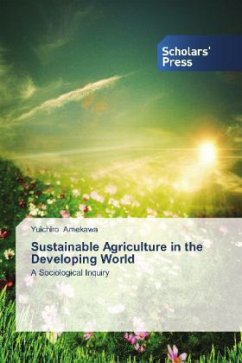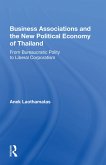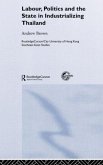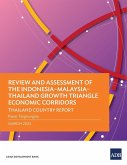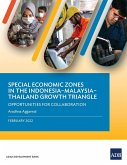This book by Yuichiro Amekawa aims to theoretically characterize and empirically explore possible forms of sustainable agriculture in the developing world by focusing on two social contexts: rural governance and the fresh fruit and vegetable sector. This sociological inquiry sheds fresh light on the study of sustainable agriculture in the developing world beyond the conventional focus of farm and watershed contexts. Some political economy lines of investigation embraced in the book make contributions to sociology and development studies. Besides academics, the book is useful for policy planners and practitioners engaging in agriculture and rural development to increase familiarity with relevant themes in the developing world.
Bitte wählen Sie Ihr Anliegen aus.
Rechnungen
Retourenschein anfordern
Bestellstatus
Storno

